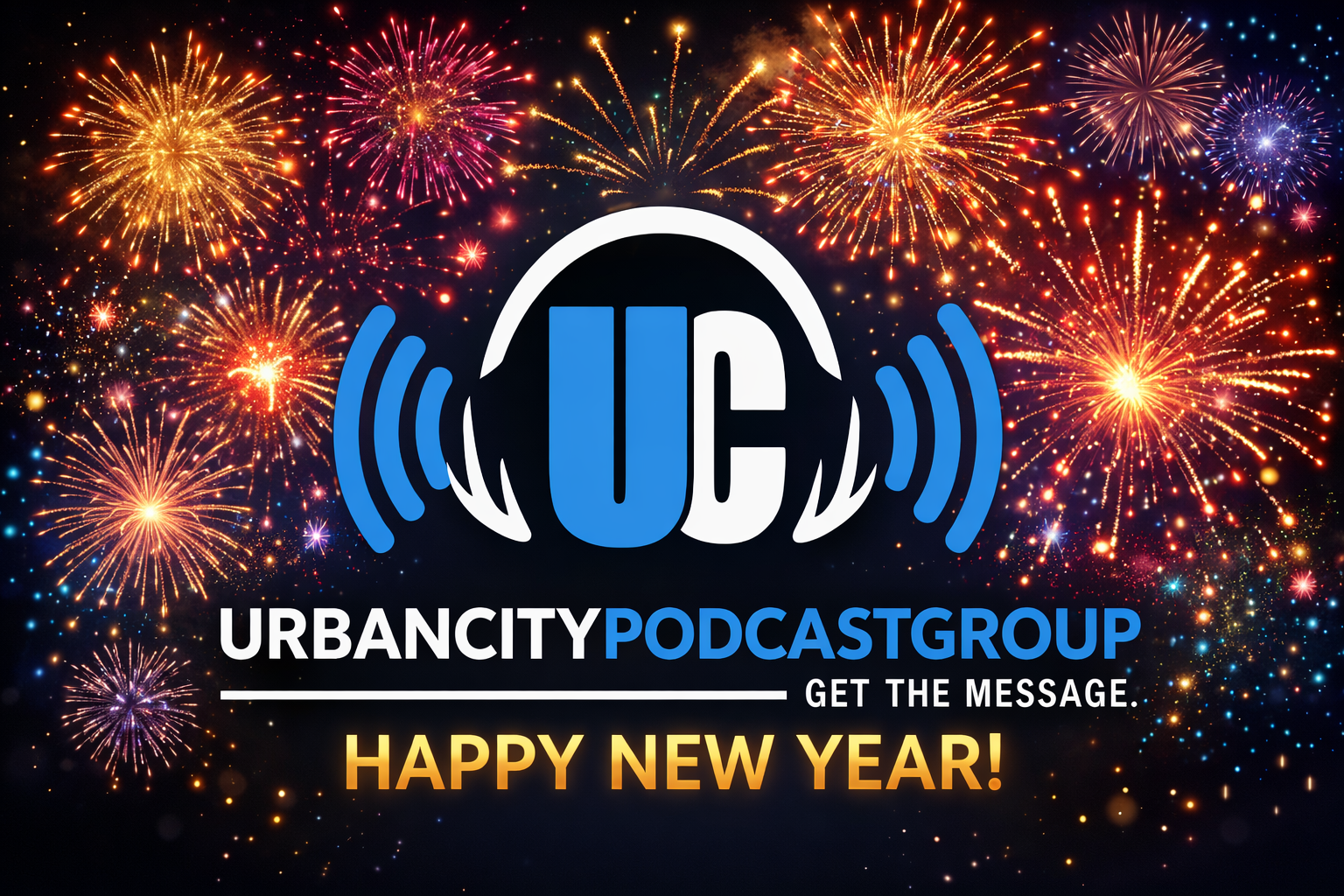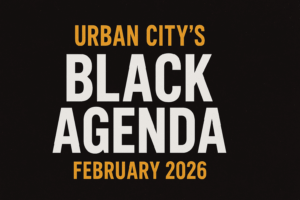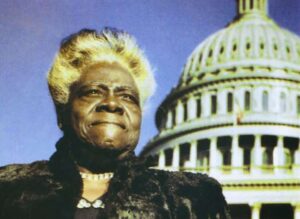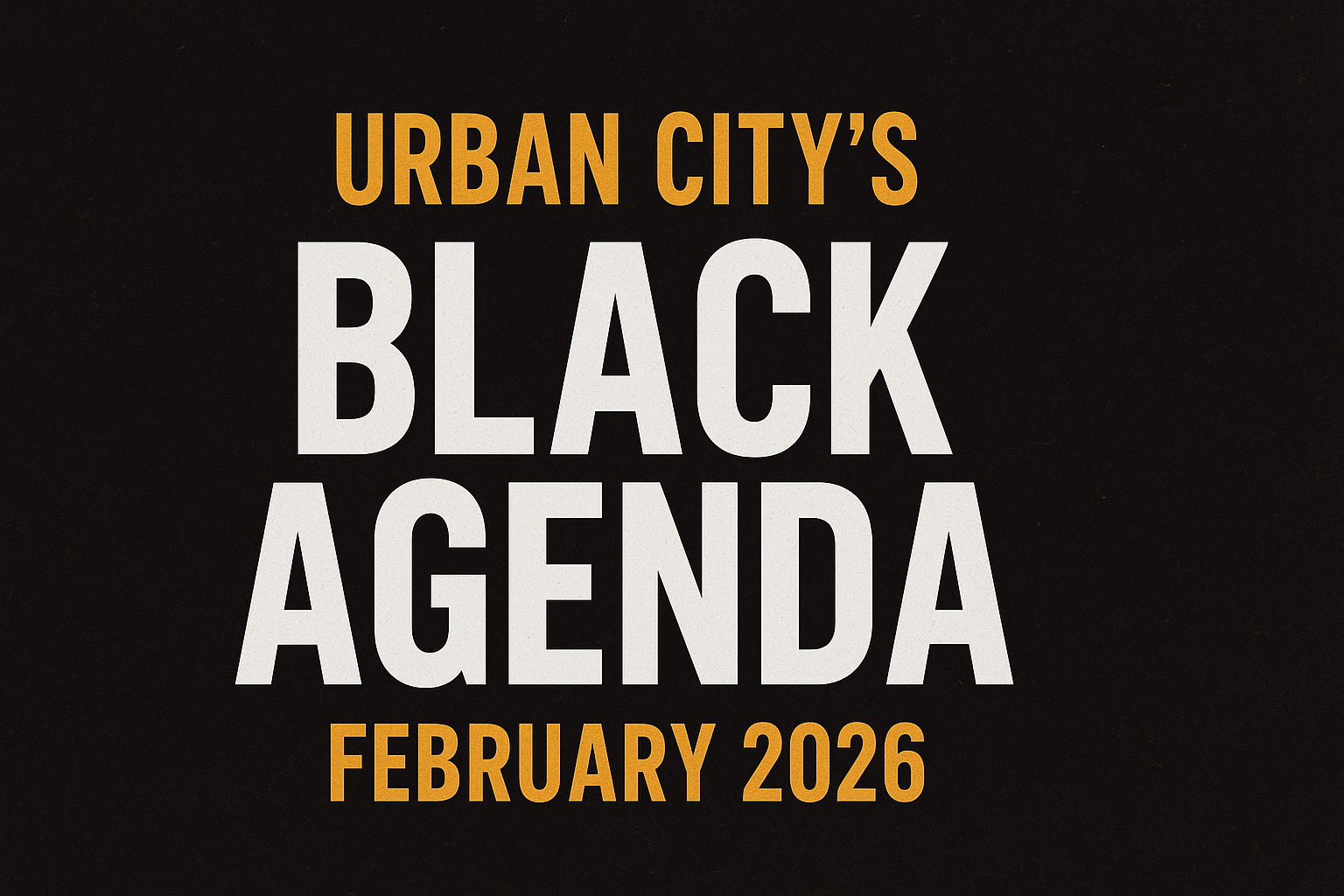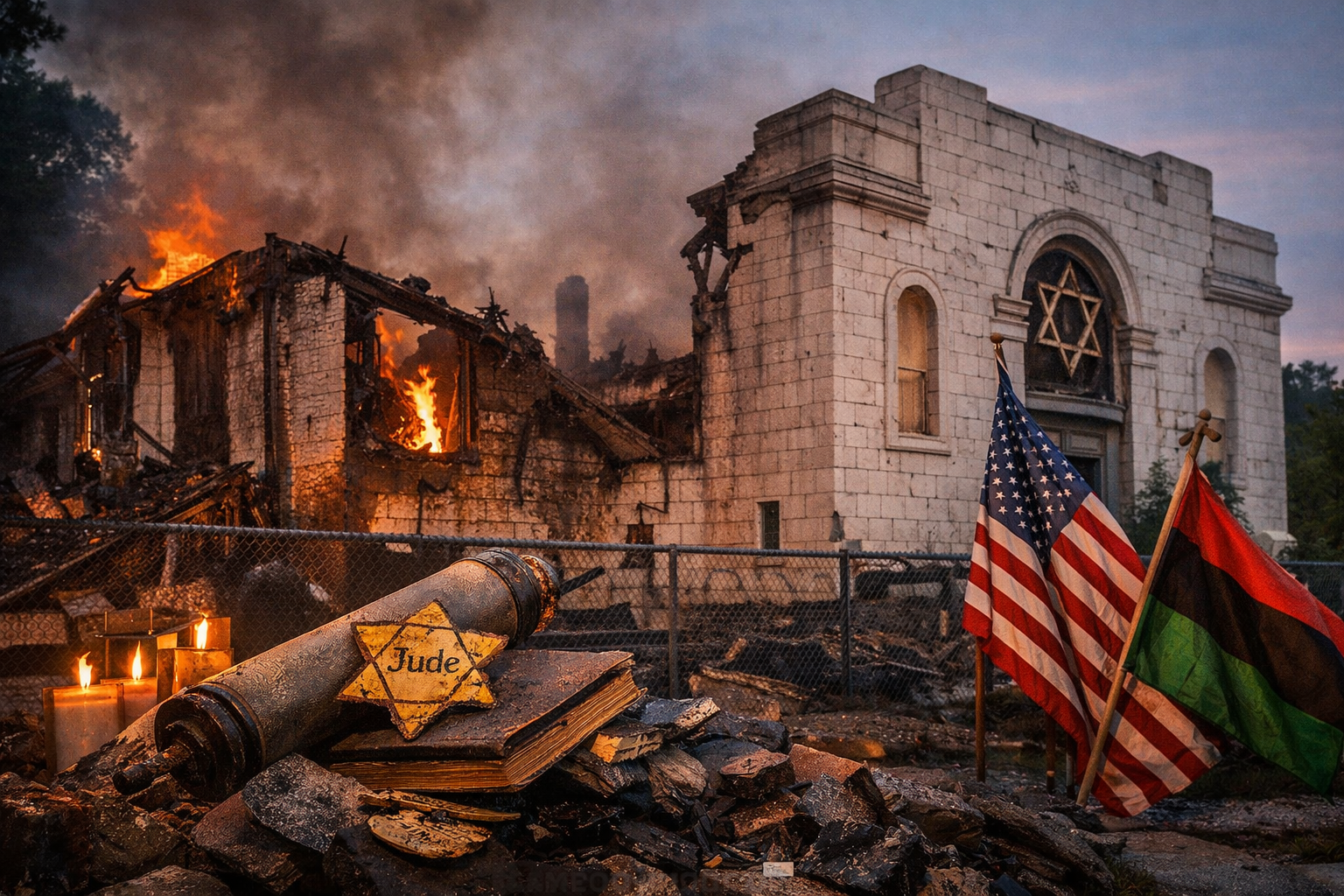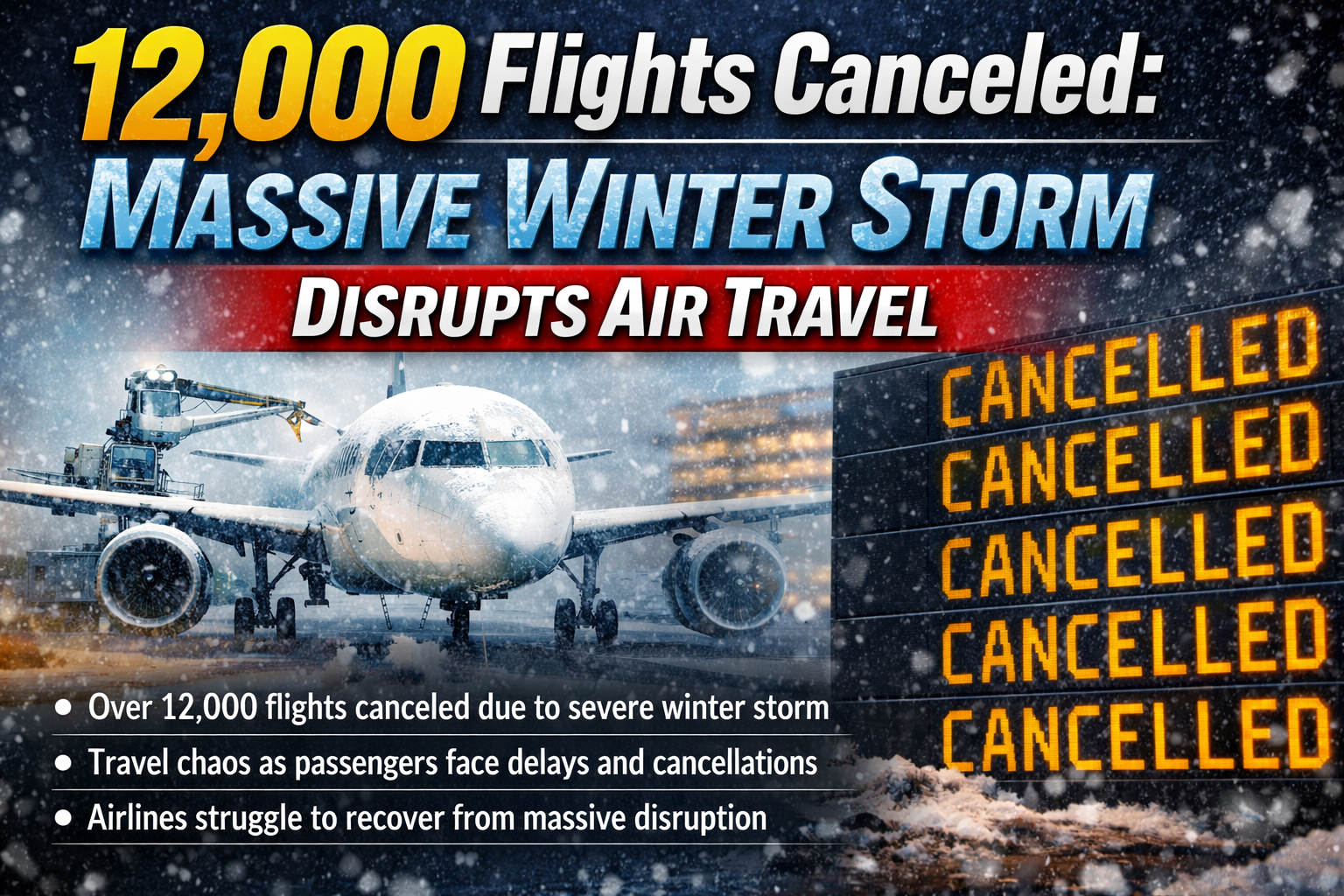How Rising Violence Is Reshaping Investor Sentiment and Market Dynamics
The crime surge in Las Vegas is facing increasing concern, leading to a significant shift in investor confidence. This change threatens to undermine the city’s economic foundation.
The crime index in Las Vegas stands at 55.6, putting it on par with volatile international markets such as Casablanca and San Jose, Costa Rica.
This has created unease among institutional investors. The housing market in Las Vegas is also facing challenges similar to major cities, experiencing severe sales declines due to rising mortgage rates, intensifying market instability.
Projections indicate property crimes may reach 78,212 incidents by 2025. This has caused market volatility, with real estate valuations facing downward pressure in multiple sectors.
Investment firms are reporting heightened risk assessments due to the violence. The perceived decrease in safety directly affects capital allocation to Las Vegas markets.
Increased risk premiums are leading to demands for higher returns on investments. Business expansion plans are delayed as investor sentiment worsens amid security concerns.
Regulatory authorities acknowledge the need for effective crime prevention strategies to stabilize economic conditions. By comparison, cities like Memphis, Tennessee report crime indexes exceeding 78, demonstrating how safety concerns can escalate beyond current Las Vegas levels.
Without rapid intervention, the link between rising violence and market instability could cause long-lasting harm to the region’s investment climate and economic prospects.
Neighborhoods Experiencing the Steepest Property Value Declines and Capital Flight
Five distinct neighborhoods in the Las Vegas metropolitan area have seen property value declines exceeding 15% in the last eighteen months. This marks the most significant residential market contraction since the 2008 financial crisis.
Downtown Las Vegas leads the decline with an 18.3% drop in property values. Escalating crime in the area is driving away traditional buyers and institutional investors. The rising interest rates are causing financing challenges for potential buyers, compounding the impacts of crime on the housing slump.
East Las Vegas follows closely with a 16.7% erosion in property values. Increased violent incidents have triggered mass capital flight among real estate investment trusts.
North Las Vegas has seen property values contract by 15.9%, as property management companies abandon high-crime corridors deemed financially unsustainable.
Central Las Vegas neighborhoods are experiencing a 15.4% decrease in property values. This drop coincides with a deterioration in community services due to budget constraints and safety concerns.
West Las Vegas rounds out the affected areas with a 15.1% decline in property values. Demographic shifts are accelerating outward migration patterns. Despite this downturn, overall market inventory has increased by approximately 10% in 30 days, suggesting broader market adjustments beyond crime-related factors.
Insurance premiums have surged by 40% across these zones. This creates additional barriers for potential buyers and further compresses market demand in crime-affected areas.
Real Estate Investment Strategies for Navigating Las Vegas Market Volatility
While property values are declining in five major Las Vegas neighborhoods, savvy real estate investors are employing aggressive acquisition tactics. These strategies are designed to capitalize on the unique market conditions.
The $5,000 average price drop to $480,000 in April 2025 offers exceptional entry points for long-term investments. Clark County’s population is projected to grow to 3 million residents by 2042, indicating sustained housing demand despite current volatility.
Strategic investors are using four key approaches:
- Diversified portfolio construction across multiple property sectors to mitigate risk.
- Cash flow prioritization through rental properties that generate steady income.
- Market timing strategies that take advantage of the 10% increase in available inventory.
- Sustainability integration to attract eco-conscious tenant demographics.
Las Vegas remains a Tier 2 city with Tier 1 investment potential. Economic expansion into emerging sectors, such as space technology, continues to draw institutional capital. The advantageous tax structure includes no state income tax, which continues to attract both residents and businesses to the region.
Risk mitigation requires thorough market research and regulatory compliance. Adaptability is crucial as investors navigate shifting conditions. The commercial real estate market in places like Los Angeles is also showing signs of strain, providing valuable insights for Las Vegas investors to learn from.
They aim to position themselves for long-term appreciation in Nevada’s volatile real estate environment.
Economic Ripple Effects Beyond Real Estate: Tourism, Employment, and Business Growth
Beyond the immediate real estate market turbulence gripping Las Vegas, the crime surge is affecting various economic sectors vital to Nevada’s economy.
Tourism impacts are evident as visitor confidence plummets, with safety perceptions deteriorating rapidly. Major venues face potential closures.
High-profile events experience cancellations and postponements. Collectively, these challenges are dimming the outlook for the right of first refusal legislation seen as crucial in other community responses to stabilizing market dynamics.
Government travel advisories targeting Las Vegas threaten to accelerate visitor decline. This could potentially cripple the hospitality sector that employs hundreds of thousands of residents. Employment challenges are cascading through interconnected industries.
Businesses confront operational uncertainties, and workforce reductions appear imminent across hospitality, entertainment, and retail sectors.
| Economic Sector | Primary Impact |
|---|---|
| Tourism Revenue | 15-25% projected decline |
| Hospitality Jobs | Mass layoffs anticipated |
| Event Bookings | 30% cancellation rate |
| Business Investment | New projects frozen |
Insurance premiums surge. Supply chain disruptions multiply operational costs.
Investment deterrence accelerates as businesses reassess expansion plans. Local government budget reallocations toward public safety initiatives drain resources from economic development programs.
The current crime rate is projected to reach even higher levels by 2025 based on the continuing upward trend observed over the past decade.
These reallocations further constrain growth prospects across Nevada’s entertainment capital.
Assessment
The convergence of escalating crime rates and an investor retreat presents Las Vegas with unprecedented economic challenges. These issues extend far beyond just real estate boundaries.
Property markets face sustained pressure as violence continues reshaping neighborhood valuations. Capital allocation patterns are also being affected.
Tourism-dependent sectors grapple with compounding uncertainties. Employment markets are reflecting broader economic strain.
Recovery timelines remain unclear as stakeholders monitor crime statistics. Policy responses are under close watch.
The city’s economic trajectory hinges critically on swift, coordinated interventions.
Addressing both public safety concerns and market confidence restoration efforts is essential.
